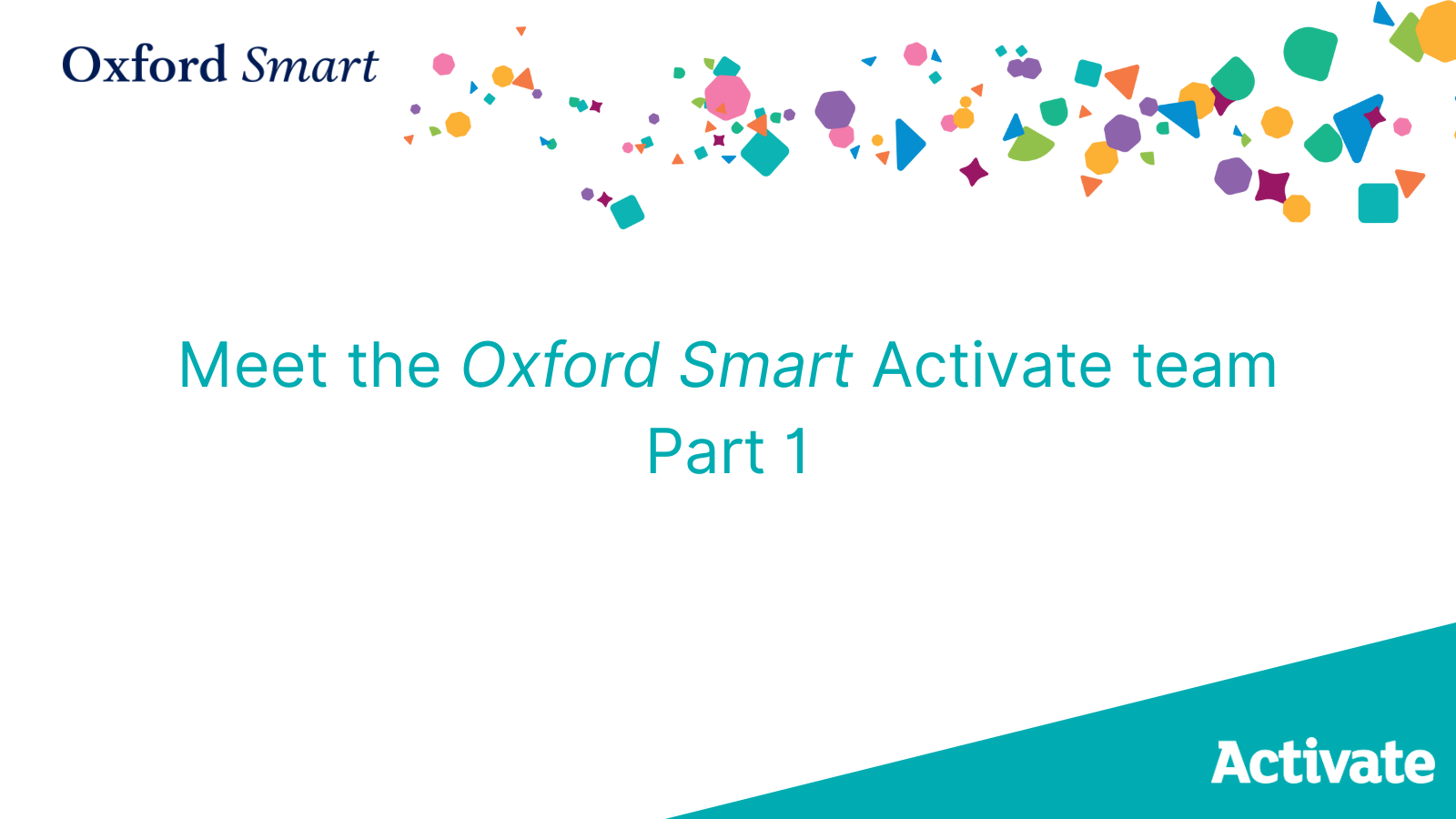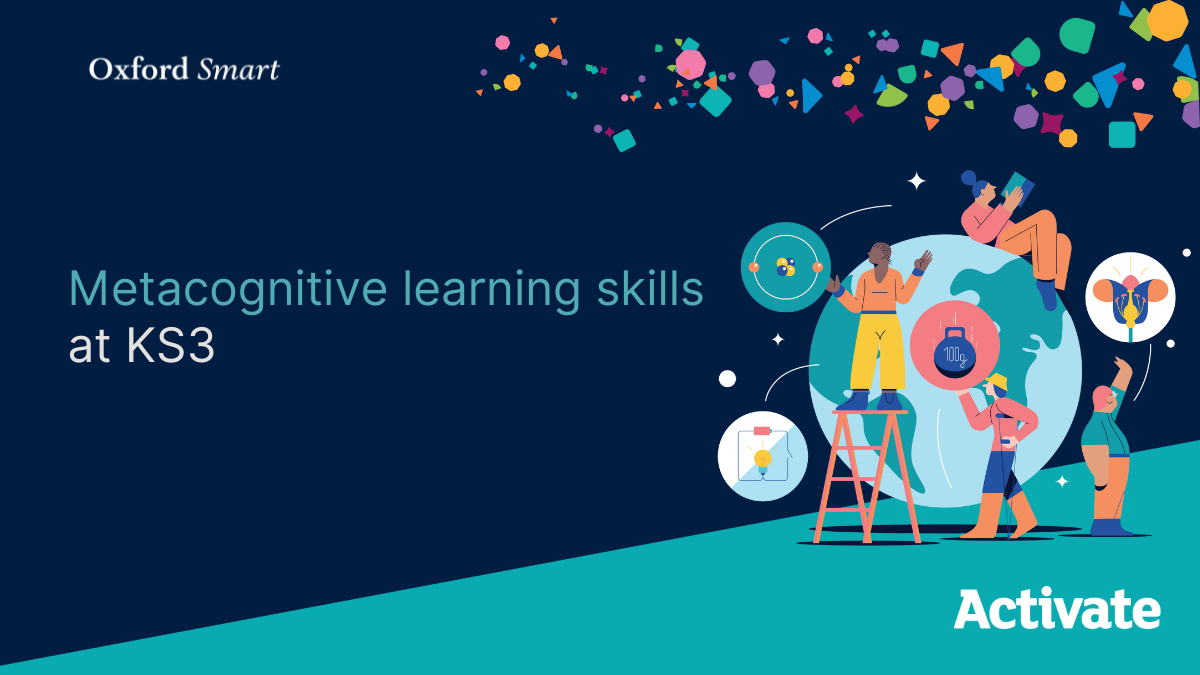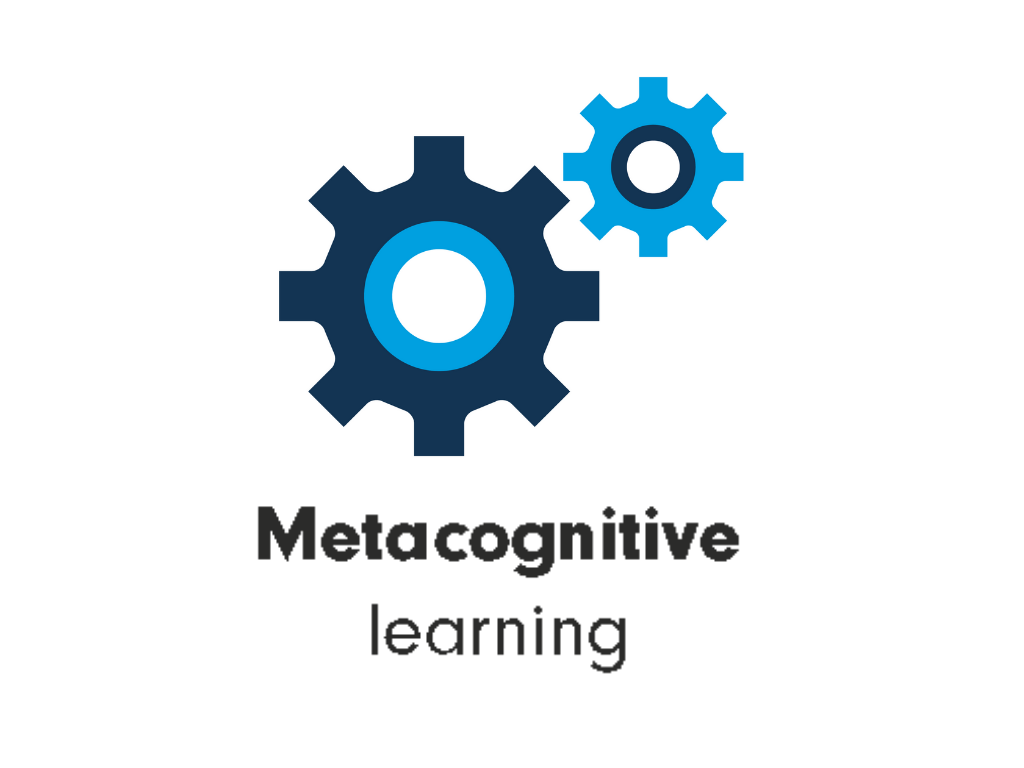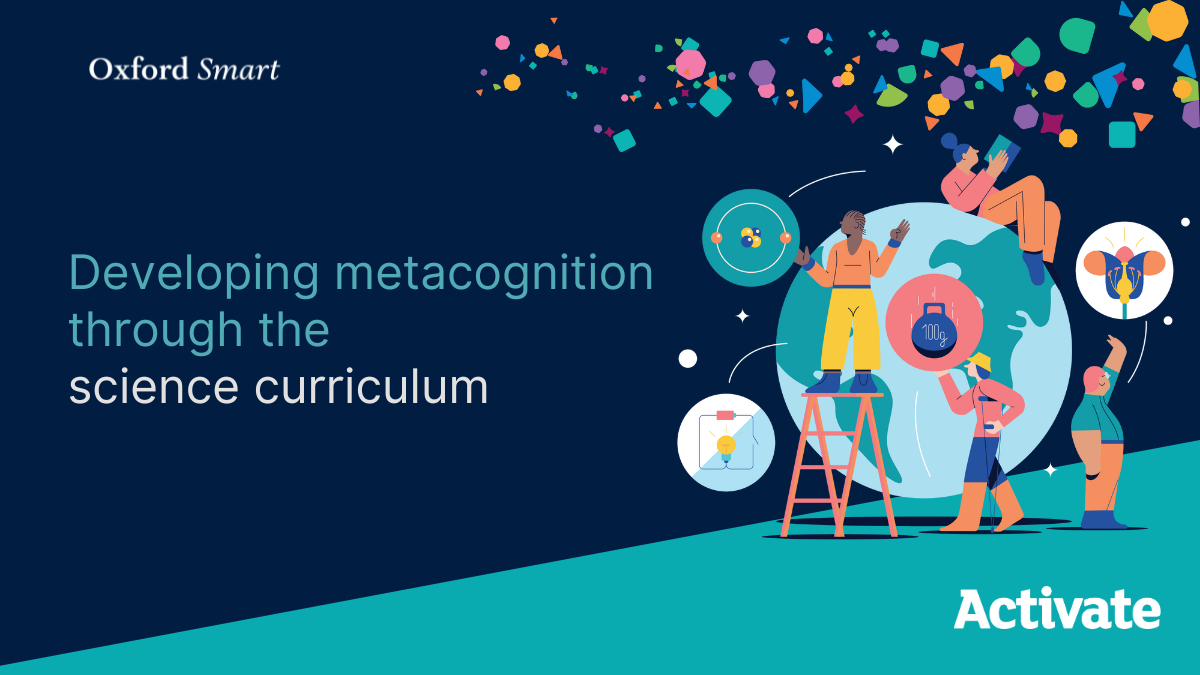
What was happening in the UK in 2015? Justin Bieber was storming the charts with not one, not two, but three Number 1 hits. Dinosaurs were running amok again in Jurassic World. The polls opened for the general election. As all this was happening, school were preparing to update their KS3 science curriculum, in line […]
Read more










